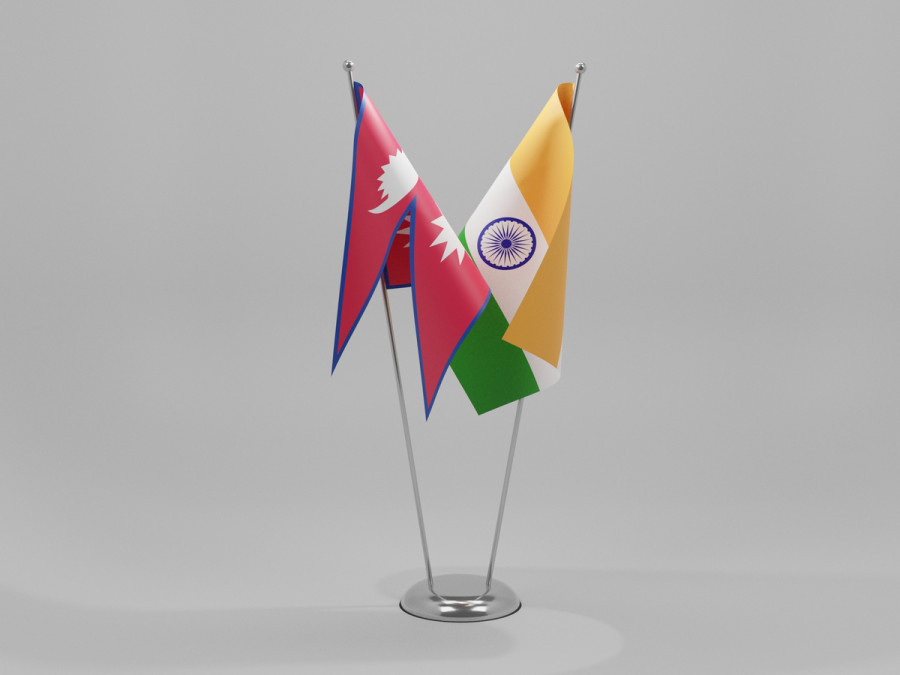Editorial
Table for two
Bloated egos of a handful of individuals should not hamper Indo-Nepal bilateral relations.
The news of the eighth meeting of the Indo-Nepal Oversight Mechanism being scheduled for August 17 has come as a major relief for those closely following the goings-on between the two friendly South Asian neighbours in recent months. The meeting has been a long time coming, as the current reticence between these otherwise gregarious nations following the cartographic tussle over the disputed territories of Kalapani, Lipulekh and Limpiyadhura had caused a great deal of inconvenience in other areas of bilateral cooperation.
The upcoming meet is part of a mechanism that oversees the implementation of bilateral projects. The meet, therefore, is mandated mostly to review and assess large India-funded projects in Nepal, and is not expected to make big forays into the bilateral relations vis-à-vis the border dispute. However, even the drop of a pin in an empty room serves well to break the monotony of silence. At a time when the two friendly nations are maintaining complete silence, any discussion, however small and off syllabus, carries with it big meaning and hope.
Minister for Foreign Affairs Pradeep Gyawali couldn't have been any clearer when he said there was no alternative to talks and that 'we can't hold our entire ties hostage to the differences over the boundary issue'. Gyawali, speaking with the Post on Monday, sounded pretty confident, as any foreign minister should, about the beginning of formal talks after a nine-month hiatus, and after Nepal sent at least four diplomatic notes calling for talks. India had for quite some time been avoiding a table talk citing the Covid-19 pandemic.
But the pandemic was just a lame excuse considering its zeal to settle the dispute with China amicably and immediately following the skirmishes along the actual line of control on the high Himalaya in May and June. The principles of international diplomacy mandate that nations show the same zeal and honesty when it comes to settling disputes with smaller countries as well.
The absence of formal communication has hampered other areas of bilateral relations of importance. It came quite late this year, the blame on Nepal for the floods in northern India. Bihar Chief Minister Nitish Kumar on Monday complained to Prime Minister Narendra Modi that non-cooperation from Nepal had resulted in northern Bihar being flooded, and asked him to take up the matter with Nepal.
The annual blame game by northern Indian politicians—Akhilesh Yadav and Mayawati have done their bit during their rules—exposes their own political calculations than a genuine concern for solving the flood problem once and for all. After all, the major barrages that control the flow of water towards India are controlled by India itself. But the fact remains that Nepali and Indian administrators and governments need to be constantly in touch for greater cooperation and wellbeing of the citizens on either side of the border.
India and Nepal should also hold talks at the highest level to silence speculations among political pundits and the media that a third neighbour, China, is fishing in muddy waters. Nations outlive the lives, lies and egos of political leaders, pundits and journalists. The bloated egos of a handful of individuals should in no way hamper the deep cultural, economic and historical relations between the two neighbours. The only way forward, therefore, is talks, talks and talks. The meet next week, therefore, carries greater significance than just a routine meet between two development partners as it can possibly help begin a series of much-needed, meaningful dialogues between the two neighbours.




 21.12°C Kathmandu
21.12°C Kathmandu













